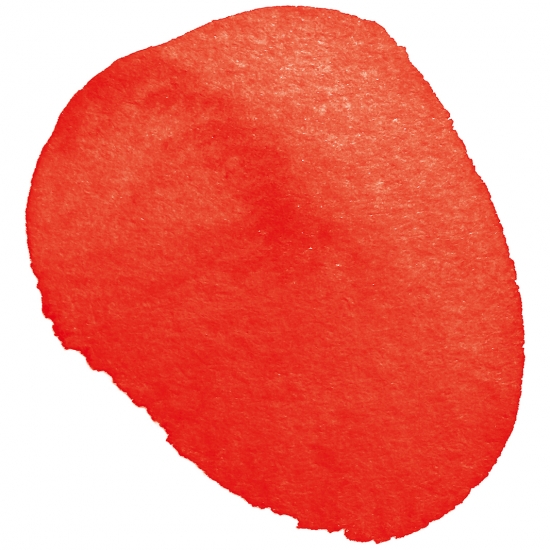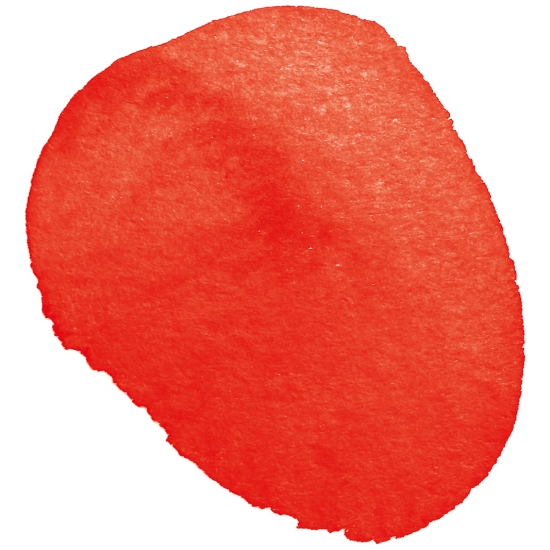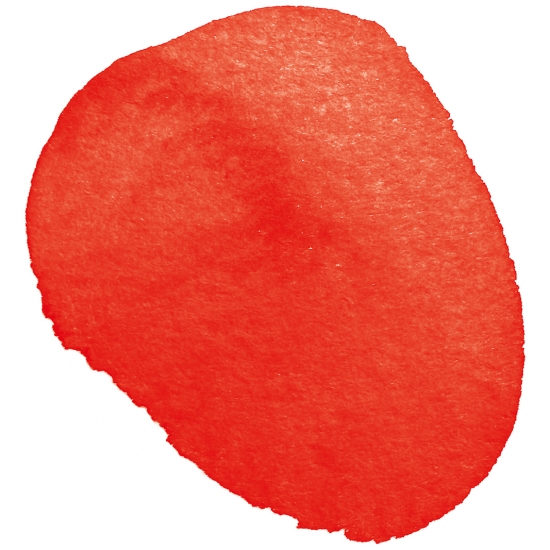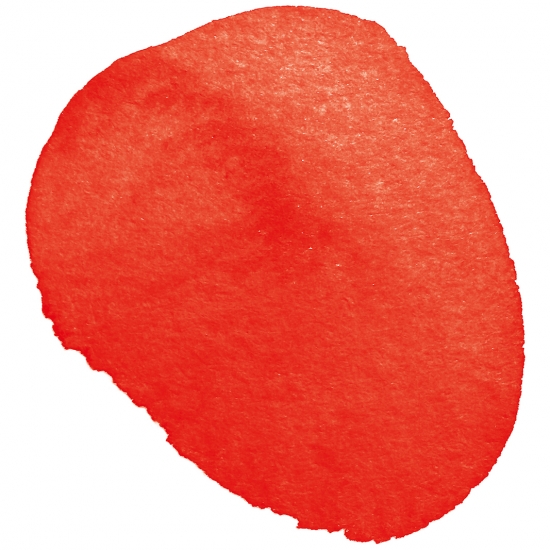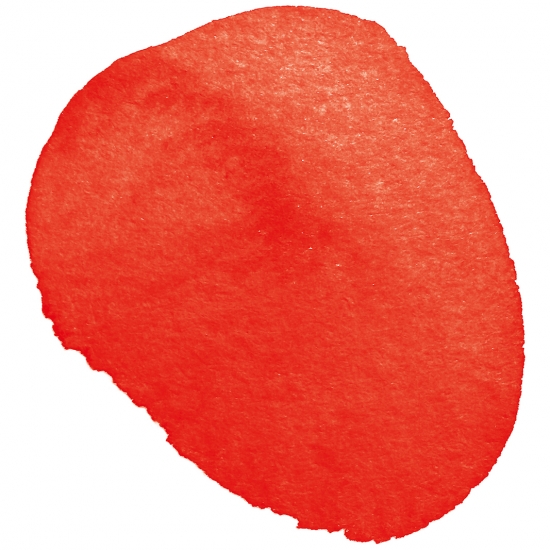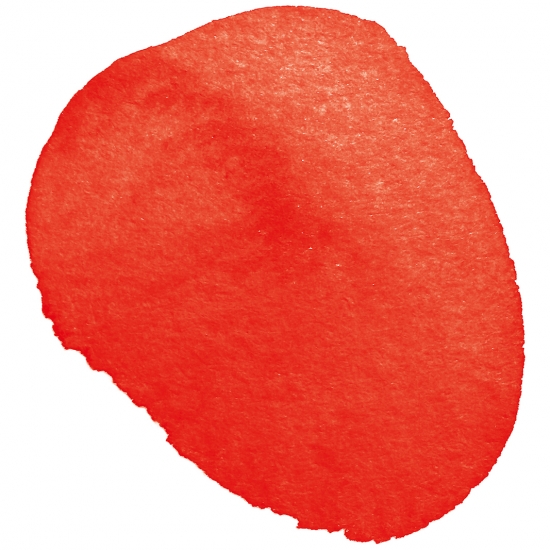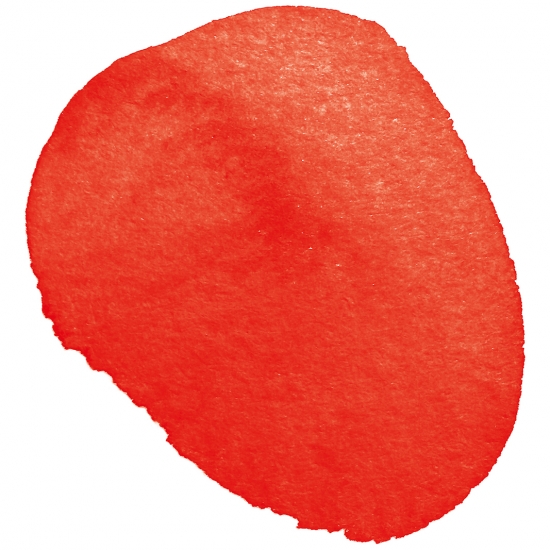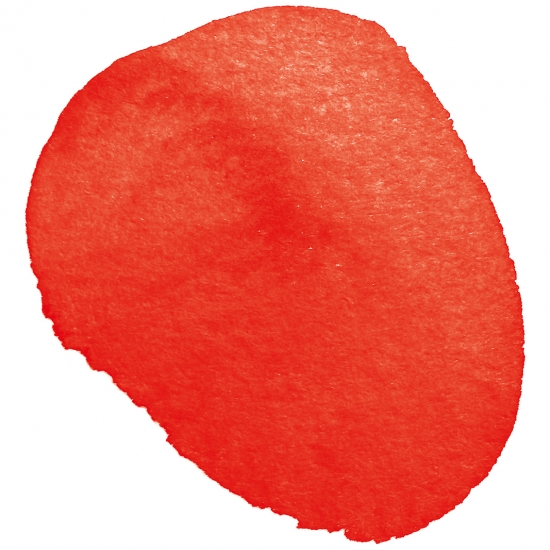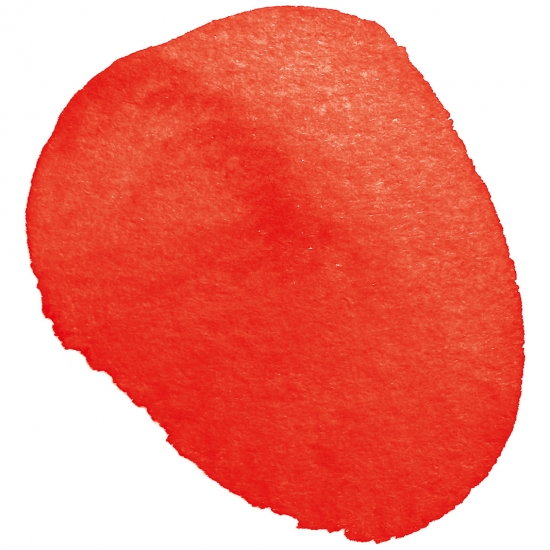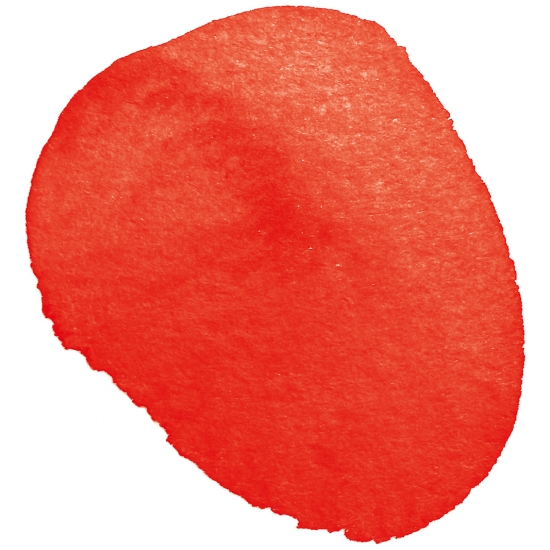The Truth and Nothing but the Truth
The motto of the 7th edition of Theatre Olympics are the words ‘The World as a Place of Truth’, a paraphrase of the title of Jerzy Grotowski’s speech The World Should be a Place of Truth given during a conference in Moscow in 1976. In his speech, Grotowski contended that ‘We enter the world to pass through it. We are tested by the world, and the world is a place of truth. In any case, the world should be a place of truth.’ He conjured an image of human beings engaging with the world and – through taking action, undergoing trials and experimenting – discovering the truth about themselves and the world. Such attitude, however, according to Grotowski, is not a given, but rather a task that everyone is faced with. In times of rapid change and clashing radical worldviews, it has the capacity of revealing the truth in both the corporal and the spiritual, in aesthetics and ethics, in the personal and the political. The truth, whose medium is art, cannot be disregarded for as long as it is founded on sincerity and strong commitment to artistic work and research.
Inspired by another statement of Grotowski, given ten years earlier at a seminar in Skara: ‘The spectator likes easy truths. But we are not there to please or pander to the spectator. We are there to tell the truth’1, we have invited the artists who present their work in the Main Section of the Theatre Olympics to take part in discussions on truth in art, in the creative process and in the relationship with audiences. They will either present their artistic credos or participate in dialogues with invited researchers, collaborators and fellow artists, taking on various topics and ideas which they see as the driving force behind their work.
1 Jerzy Grotowski, Towards a Poor Theatre, edited by Eugenio Barba, with an introduction by Peter Brook. Holstebro, Odin Teatret, 1968.
